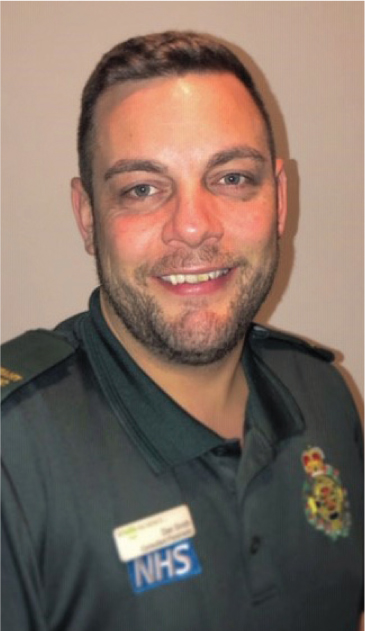
I thought it was time to share my thoughts on what appears to have become a rather prickly subject: social media. I am active on Twitter but—with the exception of a voyeuristic (watch but don't post) Instagram account—it is my only social media presence, both personally and professionally.
Growing up and during my early career, social media was nowhere to be seen. Public messaging was achieved by newspapers, broadcasters or a loud auntie shouting down the street! As the magical World Wide Web developed, so did our options, and as we got to grips with Friends Reunited, MSN Messenger and the concept of online forums, so began a dramatic change in how we view each other, the world, and of course our profession.
Personally, I was sceptical and somewhat nervous. I chose not to get too involved with social media, instead waiting to see how things unfolded. There have been some amazing advantages, empowering us to communicate more freely: support groups, forums, the ability to reach out to kindred spirits and, of course, instant communication with friends and family who are spread far and wide. But it saddens me that we have common terms such as revenge porn, cyber bullying, cyber crime and online grooming.
We can all appreciate the impact of social media on our profession, but it wasn't until 2009 when I realised that, as a leader, I had a responsibility to be on the platforms my teams were communicating on.
I recall fondly meeting a team member at a fast food outlet with free WiFi (my ambulance service wasn't for sharing WiFi at the time), and enjoying a lesson in using Facebook. We set up a closed group, and launched it locally, with some success. I simply wanted to communicate, in the way that many of the team already did. Somewhat predictably, we quickly found ourselves needing to set some ground rules and those rules continue to this day.
Fairly soon into the social media revolution, clinicians across many disciplines began sharing their stories. While our roles may feel uninteresting, to an outsider, there is a curiosity that has been addressed through social media accounts from within the profession. There is however an absolute necessity to protect patient confidentiality, and that I support wholeheartedly.
At larger incidents, social media will have a key role in the necessary warning and informing, but it may also affect how we react to incidents. Eye witnesses and even perpetrators can live-stream events, meaning that our response must be quick, clear and authoritative. We must attempt to manage ‘viral’ inaccuracies. The social media of today means we don't have the option of holding information or issuing statements hours after an incident has occurred: news nowadays is instant, and so must be our response to the media.
Personally, this concerns me less than a behaviour I believe is becoming commonplace online. Negativity in response to positive work-related posts from professionals seems to be a developing theme. Often badged as humour or satire, the ridicule aimed at the original post can carry such a negative vibe that I fear they are beginning to encroach on the boundaries of professionalism and can, in some circumstances, portray our profession in a poor light. Some even stretch the realms of common decency and, in my view, come close to bullying. As a leader, if that behaviour occurred in the mess room, I would act but this can be difficult when it's online, and often faceless. My fear is that it's too easy to criticise and be negative online without fear of retribution.
Social media is a tool by which we can spread news, share practice and indeed celebrate success. In my opinion, that's exactly what we should use it for. As a collective, our profession should grasp the opportunity because we work in an environment where we need that positivity. If there is one thing I have learned in my current role, it is that many people do greatly appreciate receiving recognition for their work (whether or not it is cool to admit it).
Online, however, it can feel like there is a growing trend of that praise being unacceptable. My fear is of the effect that has on us, as clinicians. We work in an often stressful environment, where the opportunities to celebrate success are few and far between. If we lose the positivity from social media, we run the risk of compounding negativity and, ultimately, this could have a detrimental effect on the health of our colleagues.
I am not advocating the need to promote our roles, as such, but believe strongly that generating a reflection on the good is equally as important as reflecting on the bad. Displaying what we do, positively, on social media will aid in ensuring other professions and the public know what they should expect from our profession.
My role is to generate a feeling of worth, of appreciation and of improvement; social media is a tool perfectly designed for that. What we must do is ensure we don't ruin that opportunity in the interests of humour. We should work together to ensure our presence on social media is positive and enlightening to all who read it.

